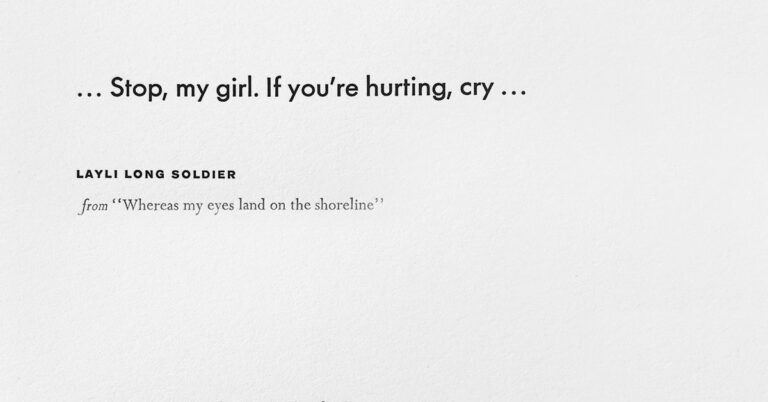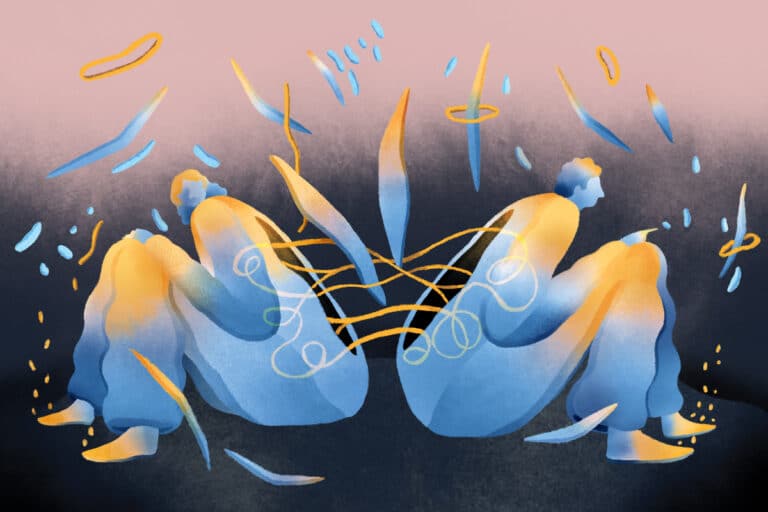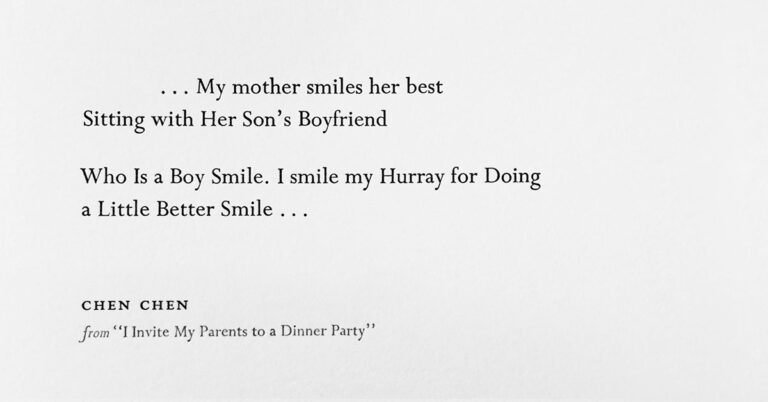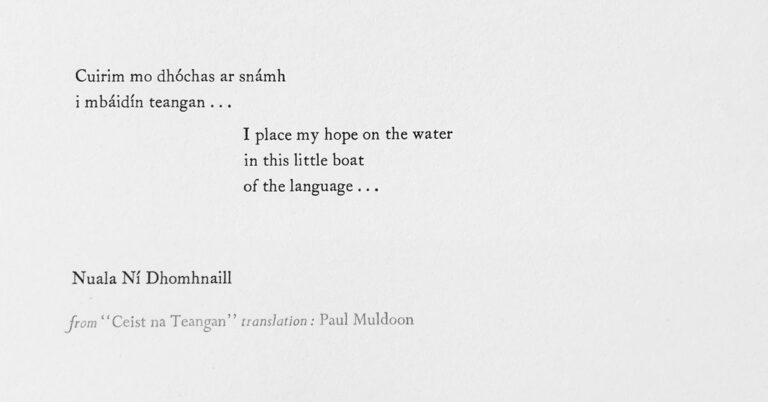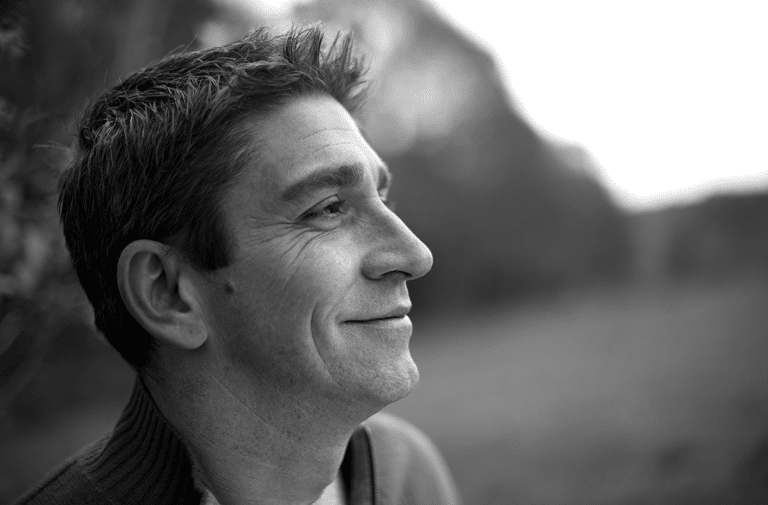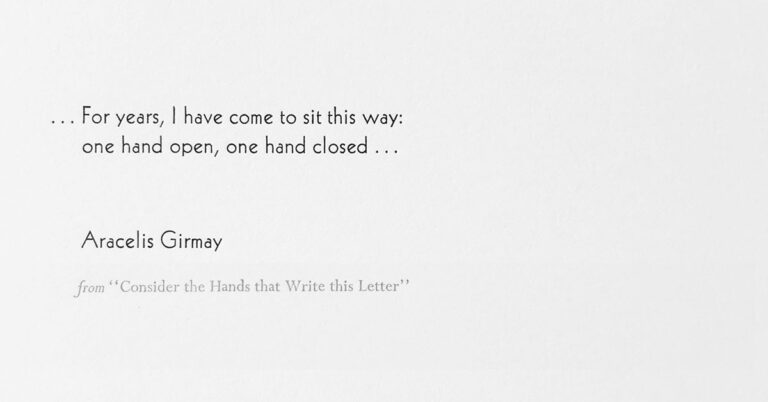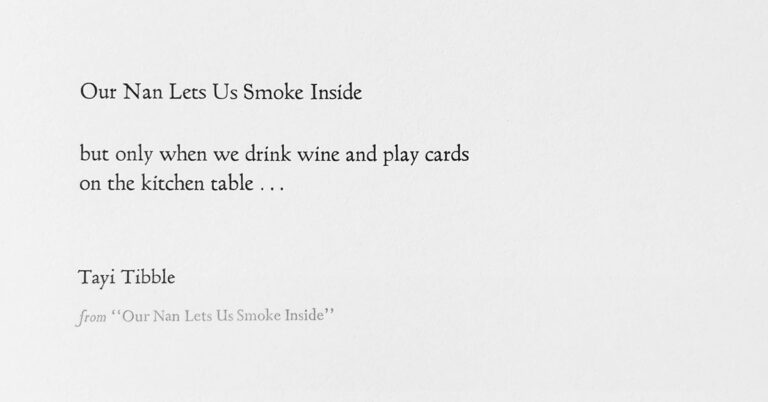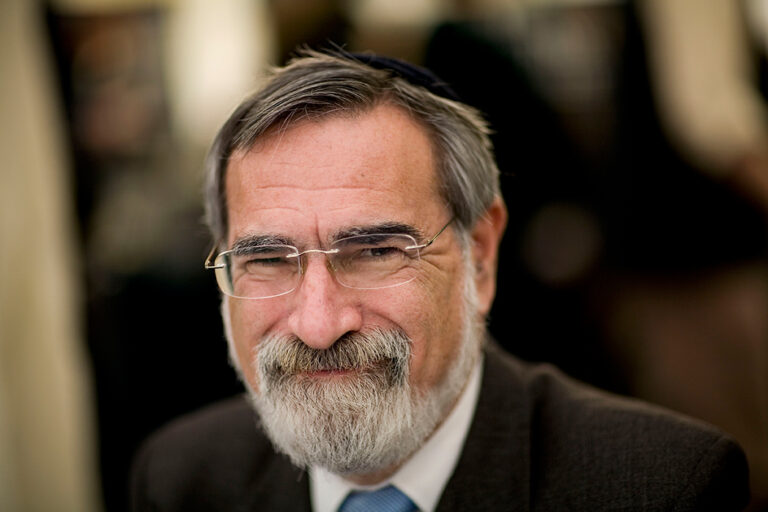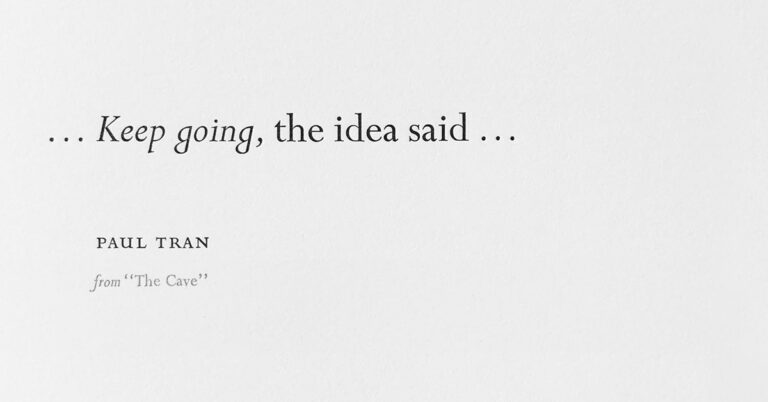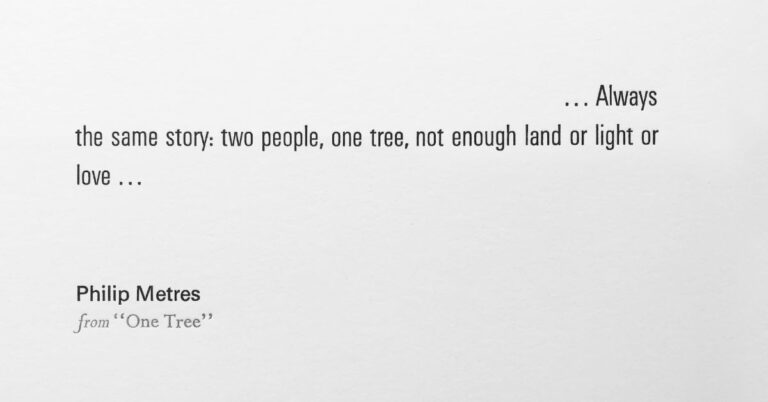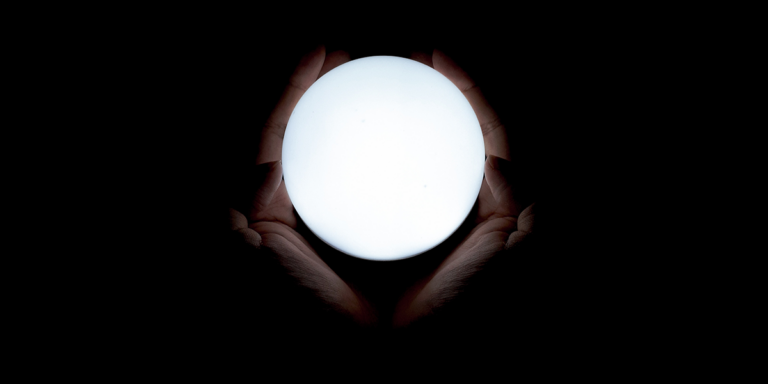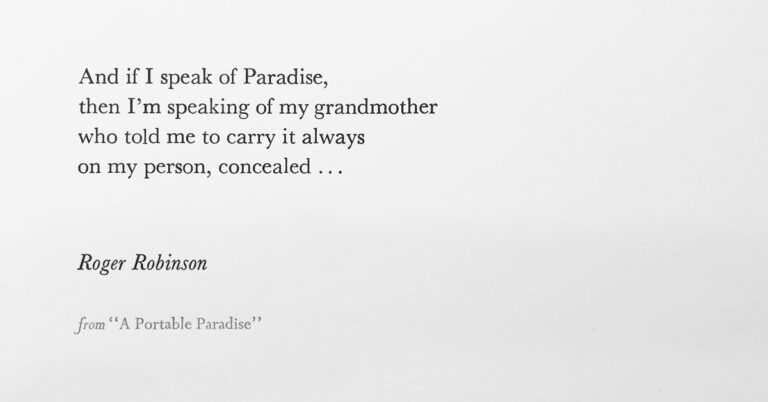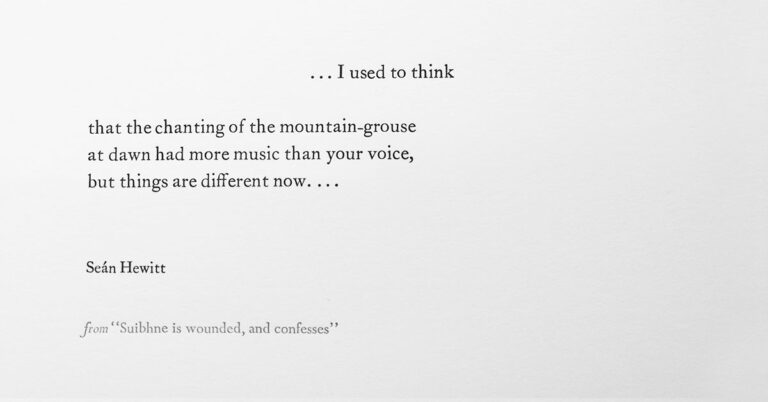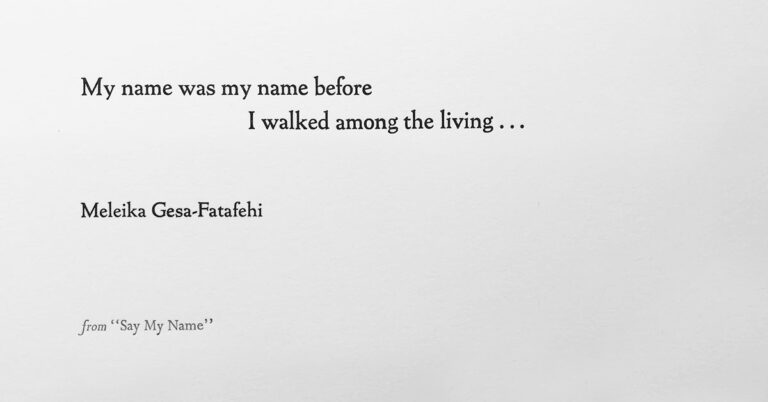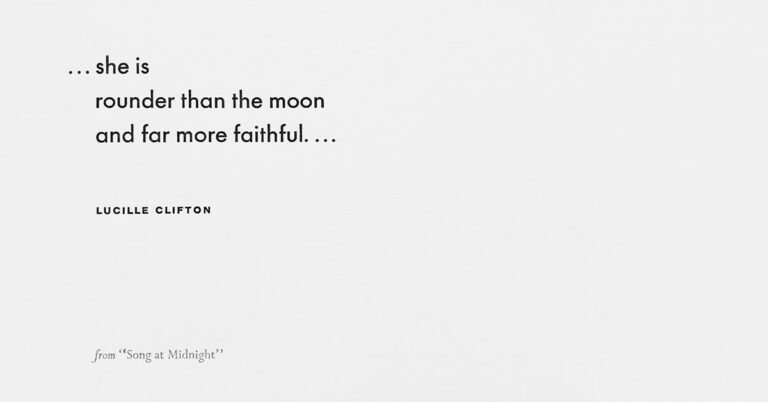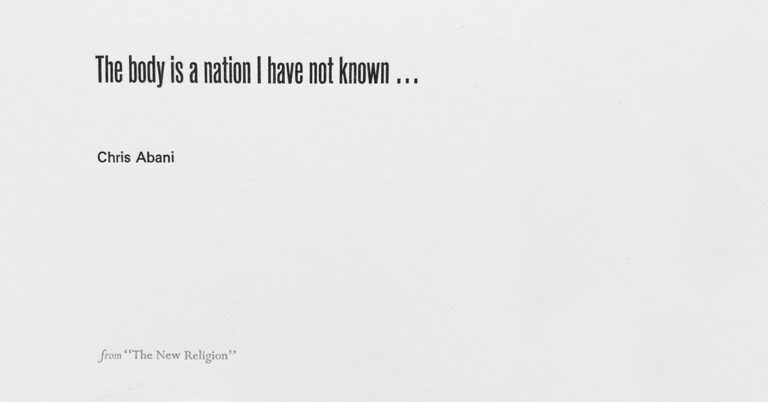When you feel like crying, do you cry? Or do you stifle it? Why?
The U.S. Congress 2009 “Joint resolution to acknowledge a long history of official depredations and ill-conceived policies by the Federal Government regarding Indian tribes” stated “Whereas the arrival of Europeans in North America opened a new chapter in the history of Native Peoples.” Layli Long Soldier wrote poems in response to this resolution and its non-consultative process. In this poem, she speaks of the need to let griefs and laments be heard and acknowledged.


